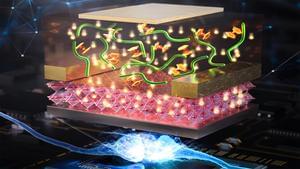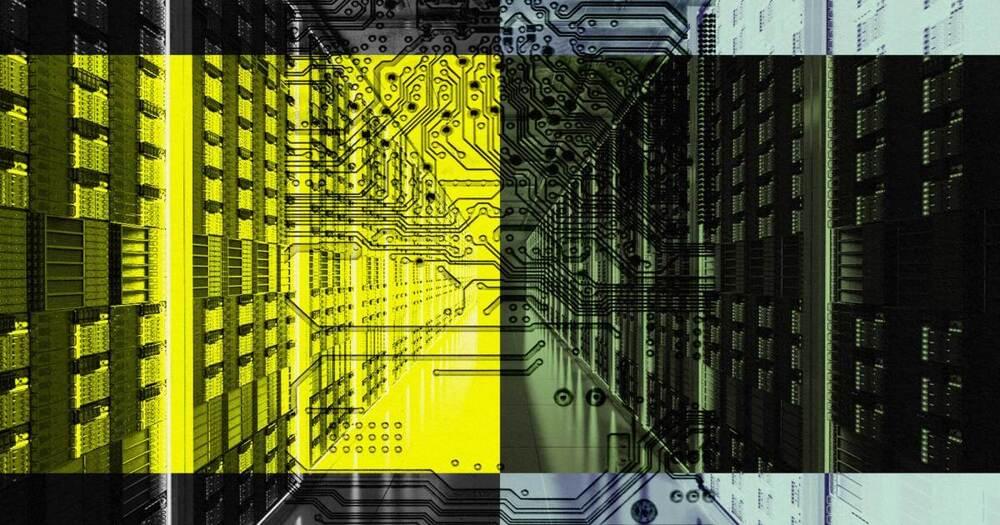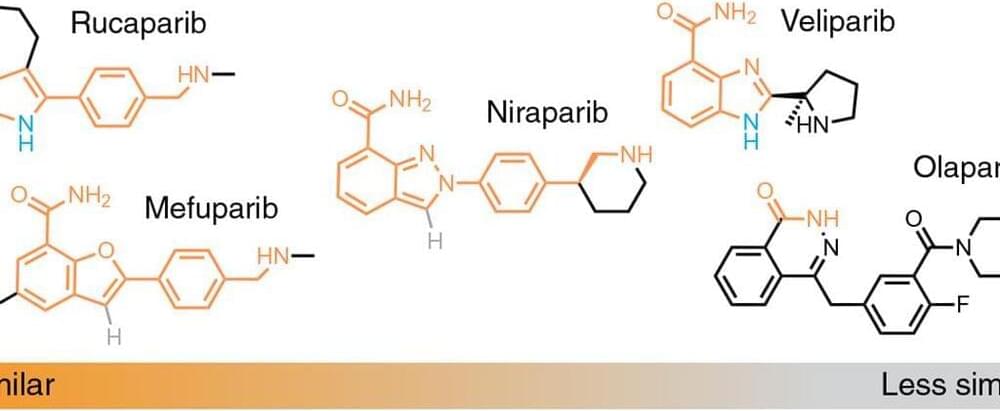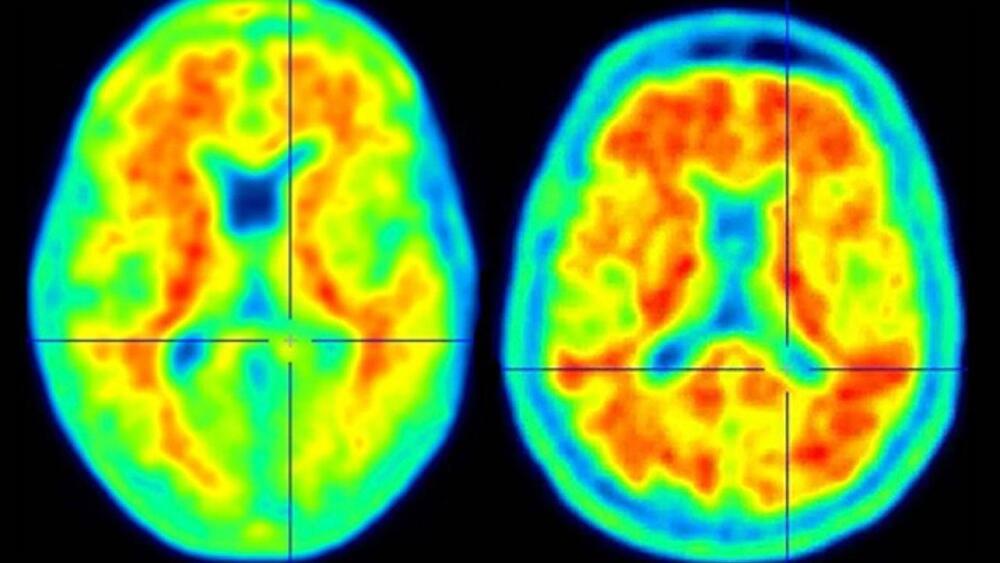Apr 13, 2024
Ray Kurzweil & Geoff Hinton Debate the Future of AI | EP #95
Posted by Dan Kummer in categories: health, information science, Ray Kurzweil, robotics/AI, singularity
In this episode, recorded during the 2024 Abundance360 Summit, Ray, Geoffrey, and Peter debate whether AI will become sentient, what consciousness constitutes, and if AI should have rights.
Ray Kurzweil, an American inventor and futurist, is a pioneer in artificial intelligence. He has contributed significantly to OCR, text-to-speech, and speech recognition technologies. He is the author of numerous books on AI and the future of technology and has received the National Medal of Technology and Innovation, among other honors. At Google, Kurzweil focuses on machine learning and language processing, driving advancements in technology and human potential.
Continue reading “Ray Kurzweil & Geoff Hinton Debate the Future of AI | EP #95” »


















